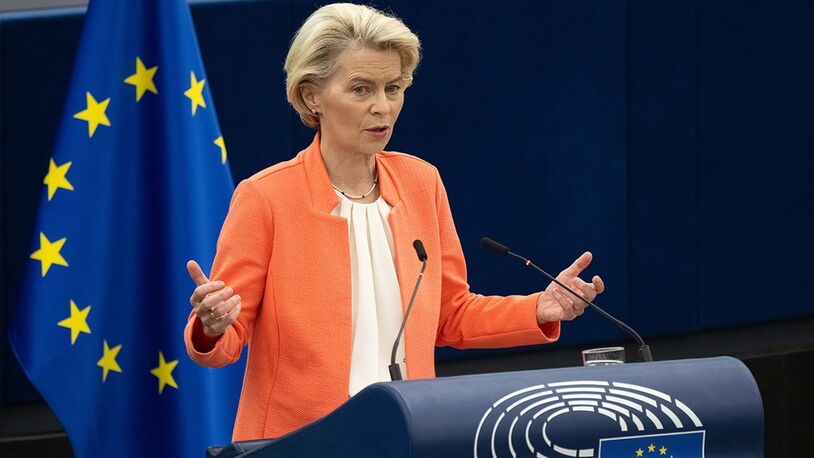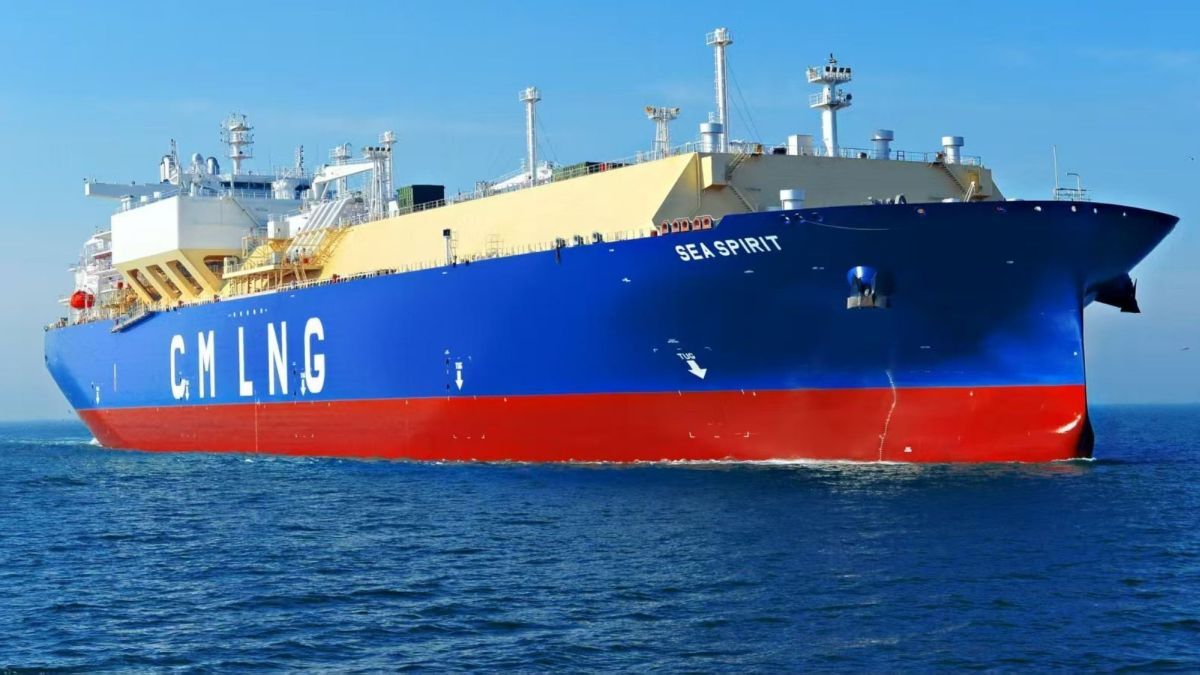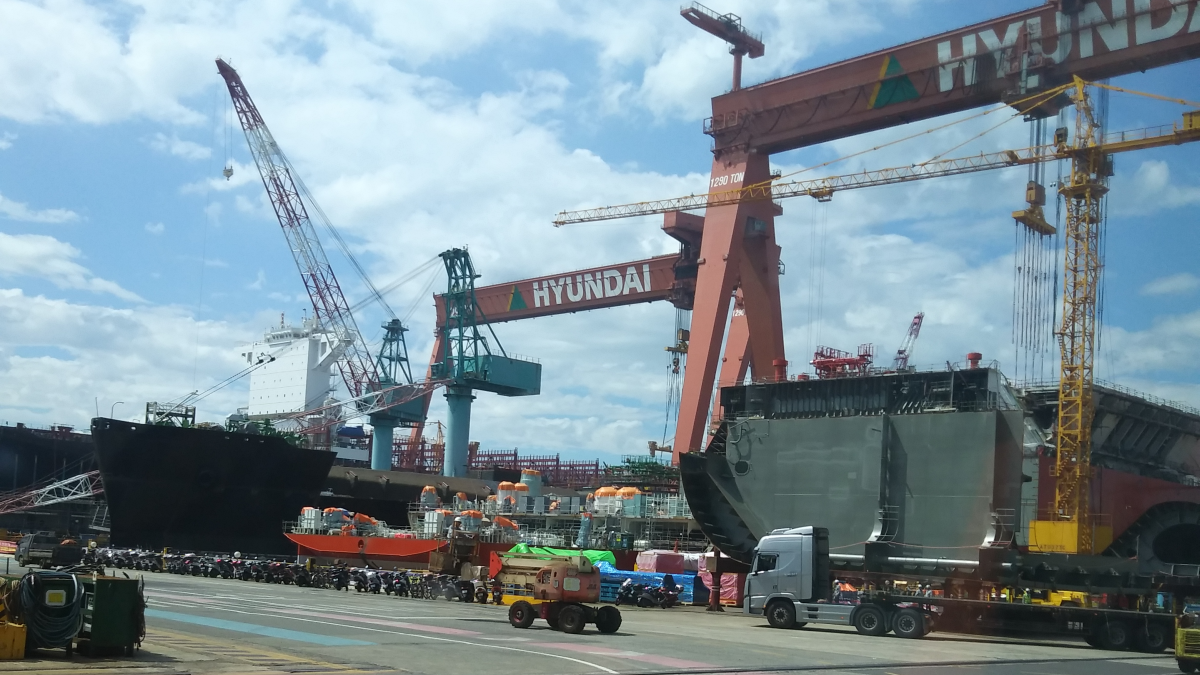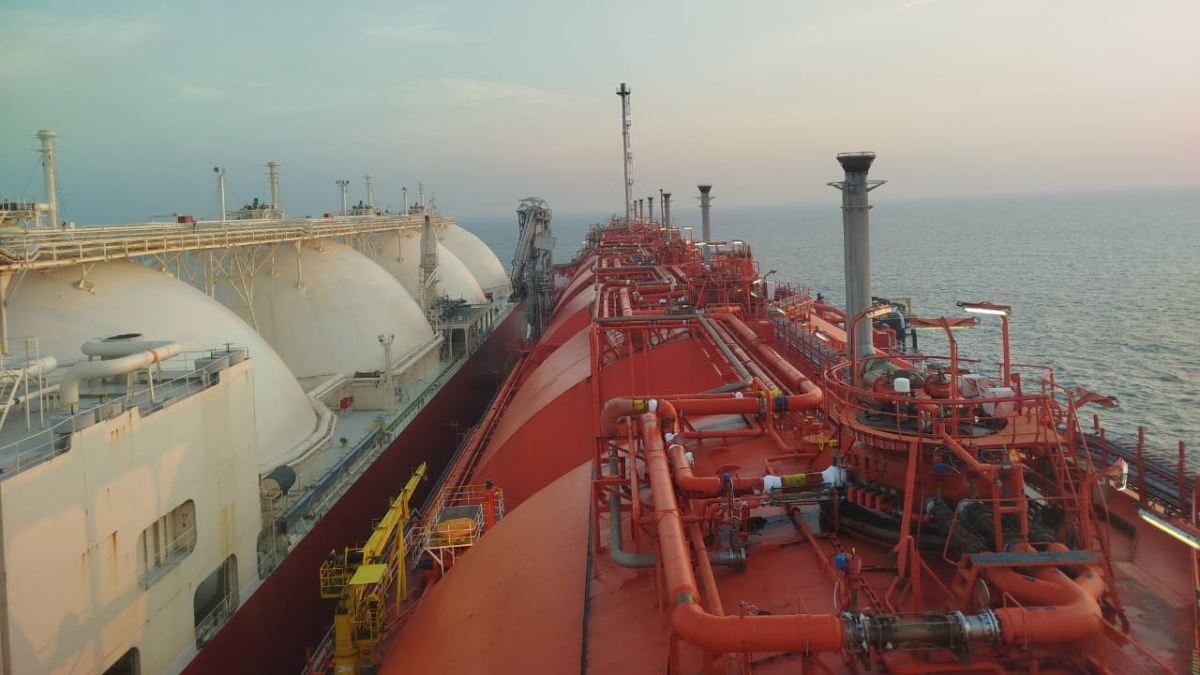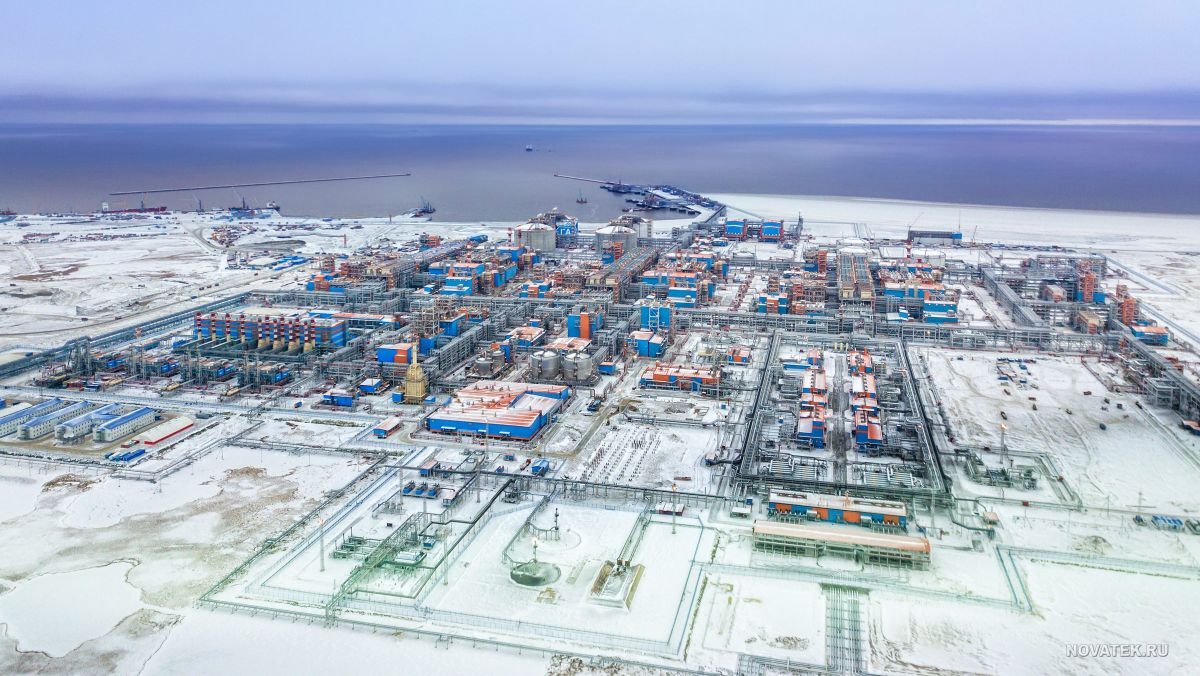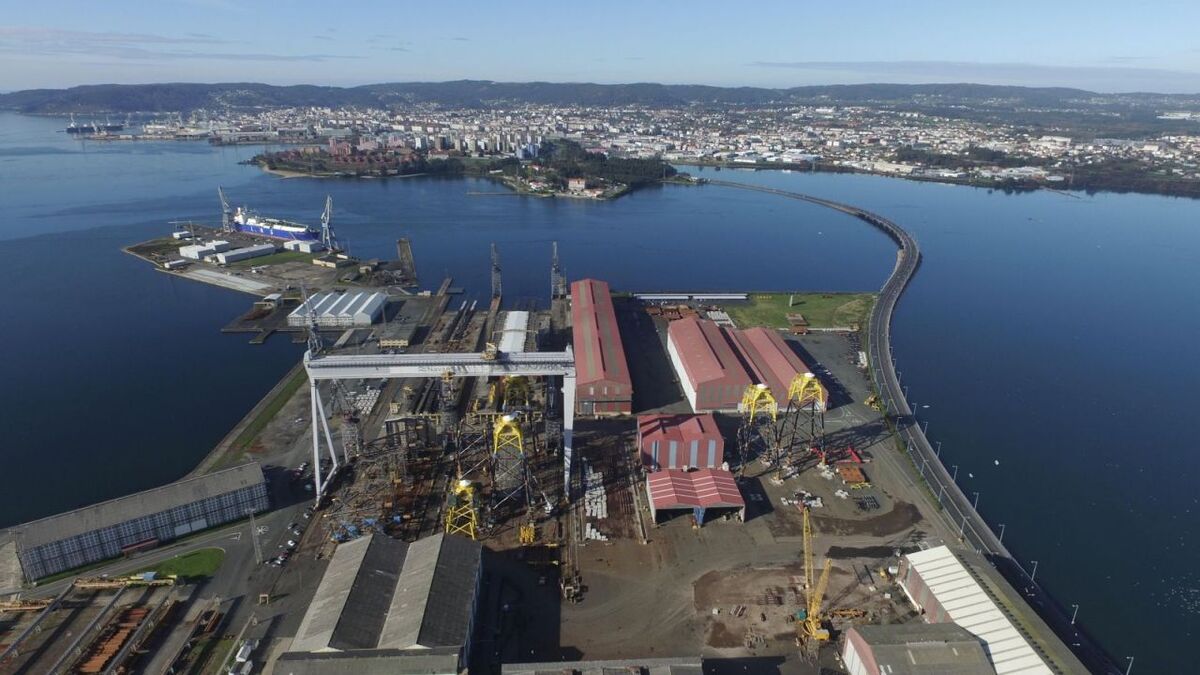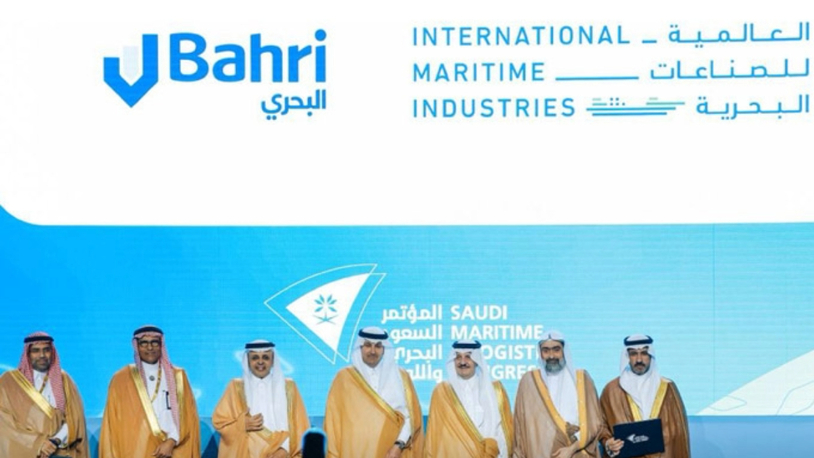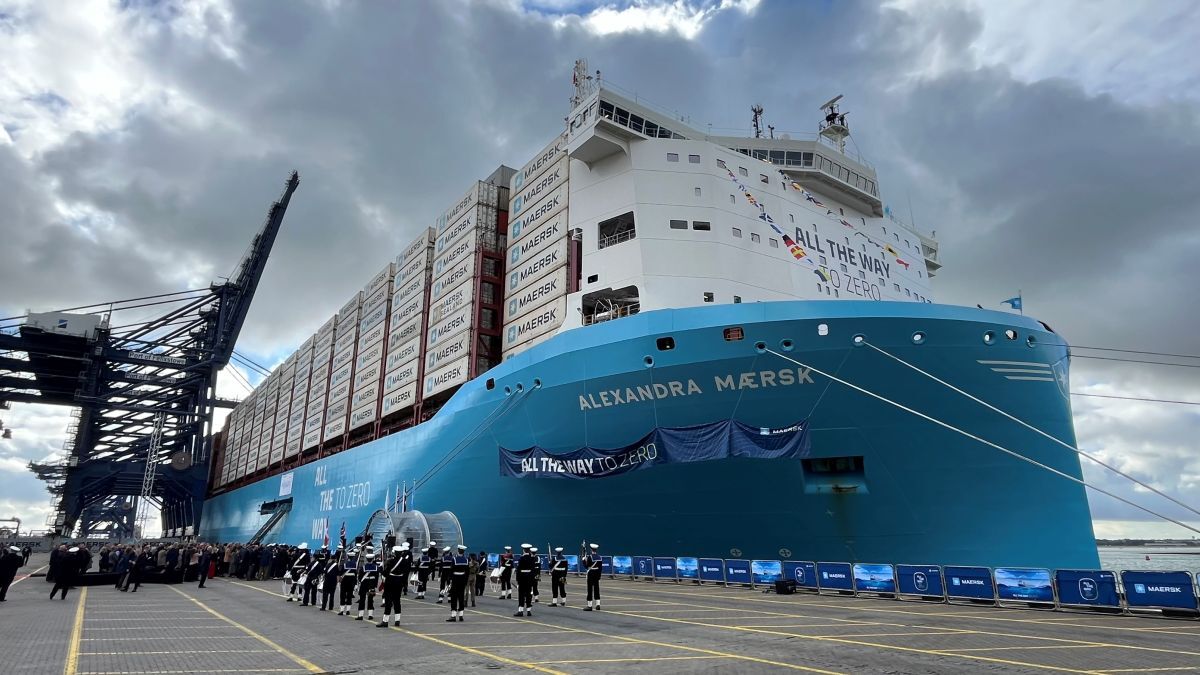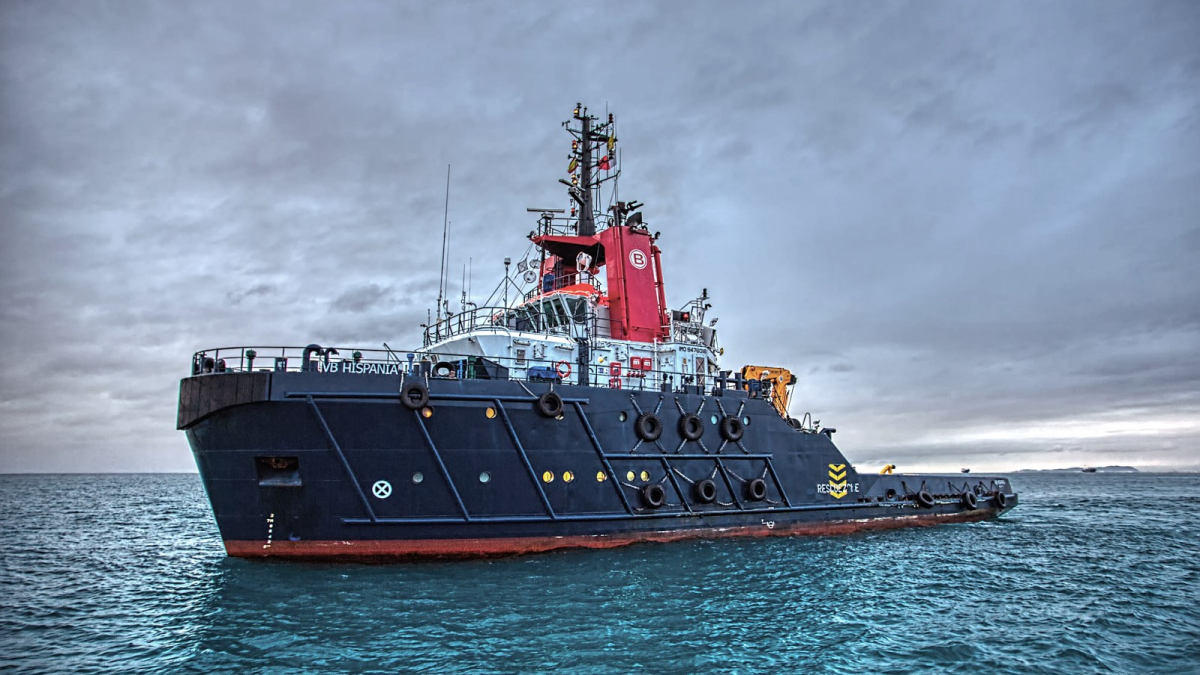Business Sectors
Events
Contents
Register to read more articles.
INTERTANKO summit exposes systemic crewing challenges
At INTERTANKO’s annual tanker summit in Oslo, industry leaders revealed deep-rooted crewing challenges threatening global supply chain security – despite overwhelming interest in seafaring careers
Paradoxically, major shipping companies are receiving up to 20,000 applications for just 500 cadet positions annually, yet struggle with severe retention issues that undermine workforce planning.
The problem, delegates agreed, extends beyond pay. Organisational culture and reputation now outweigh salary in retaining qualified seafarers. Companies that prioritise rapid shore support, foster inclusive multinational crews, and show genuine care for seafarer welfare enjoy better retention and recruitment – often driven by word-of-mouth rather than advertising.
Progressive operators invest in shore-based support, cultural sensitivity training and visible management engagement. However, training institutions face skills gaps, forcing employers to provide months of supplementary instruction. Curricula often lag years behind industry needs, and teacher shortages – due to perceptions around the profession’s status – remain a bottleneck. Some institutions are addressing this with enhanced faculty development and direct industry involvement in curriculum design.
Technological change adds complexity. The adoption of alternative fuels, nuclear propulsion, and digital tools such as AI requires advanced training, but many institutions lack the resources or expertise. Rapid deployment of new technologies can overwhelm crews if not matched by adequate training, leading to operational stress rather than efficiency.
Satellite connectivity improvements are transforming shipboard communications and enabling better shore-based support, provided comprehensive training is in place. Mental health support and welfare initiatives are expanding, with some companies establishing dedicated assistance centres and 24-hour response capabilities.
Industry leaders emphasised that collaborative solutions – such as standardised training, shared regional centres, and co-ordinated regulatory frameworks – are essential. One industry commentator reminded the gathering of the words of the outgoing ICS secretary general that unless seafaring becomes a more attractive, sustainable career, the industry risks catastrophic supply chain breakdowns.
Delegates concluded that only fundamental, co-ordinated reform across recruitment, education, technology and welfare can ensure the long-term sustainability of the maritime workforce and global trade. Balancing the obvious challenges, there are positive signs. The industry is responding with innovation and collaboration. New training technologies, such as simulators and e-learning platforms, are making upskilling more accessible. And partnerships between industry, governments and educational institutions are producing tailored training and outreach programmes to attract new talent and close the skills gap.
Sign up for Riviera’s series of technical and operational webinars and conferences:
- Register to attend by visiting our events page.
- Watch recordings from all of our webinars in the webinar library.
Related to this Story
Events
Maritime Decarbonisation, Europe: Conference, Awards & Exhibition 2025
Offshore Support Journal Conference, Americas 2025
LNG Shipping & Terminals Conference 2025
© 2024 Riviera Maritime Media Ltd.



